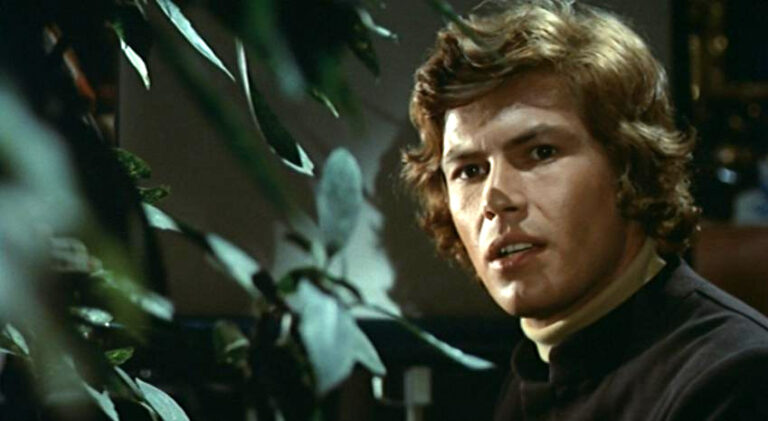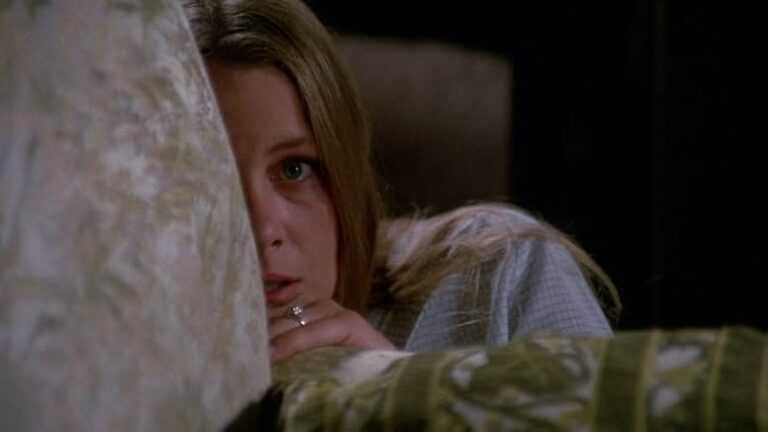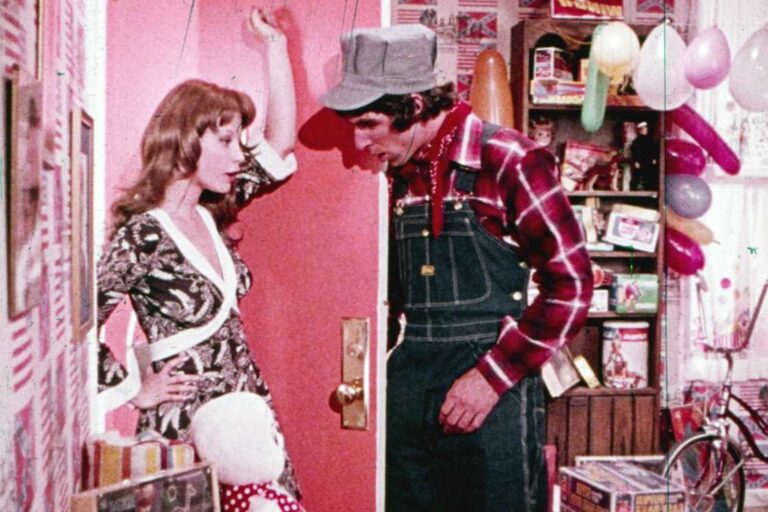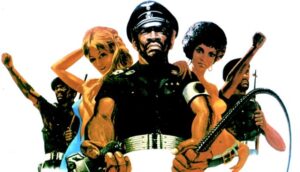Directed by Meir Zarchi
Written by Meir Zarchi
Starring:
- Camille Keaton as Jennifer Hills
- Eron Tabor as Johnny
- Richard Pace as Matthew
- Anthony Nichols as Stanley
- Gunter Kleemann as Andy
Rating: ![]()
Few films in the annals of exploitation cinema provoke as sustained and uneasy a moral reckoning as Meir Zarchi’s I Spit on Your Grave, a work both foundational and profoundly disreputable within the rape-revenge genre. It is, by many accounts, the genre’s purest expression and its most insufferable distortion—an artifact that exemplifies the core formula while simultaneously collapsing under the weight of its own representational failures. The film stages the requisite dramaturgy: a young woman is brutalized, degraded, and left for dead; she survives, recuperates, and retaliates. But what makes I Spit on Your Grave so difficult to endure—not merely as a cinematic object but as an ideological one—is the disconcerting imbalance between its transgressive brutality and the expected cathartic retribution, that necessary counterweight which lends meaning to the horror.
The rape-revenge subgenre functions as a brutal morality play, a ritualistic cycle in which horror begets justice—or, at least, vengeance. This mythic structure can accommodate a range of ideological valences: divine justice (The Virgin Spring), populist justice (The Last House on the Beach), feminist justice (as seen in Ms. 45 and Lady Snowblood). Regardless of tone, these films know that their license to depict abjection rests on their commitment to balancing violation with vengeance. Without that equilibrium, the genre dissolves into voyeurism, and its pretensions to moral or political commentary are exposed as thin veneers. Zarchi’s film falters precisely here: it is too literal, too unmodulated, too hollow to justify its horrors.
Structurally, I Spit on Your Grave is the skeleton of a rape-revenge narrative without its vital organs. There is no subtext, no context, no complexity. It is genre stripped to blueprint—violence and reprisal, barely separated by plot or character motivation. Unlike Wes Craven’s The Last House on the Left, which embeds its brutality within a tragic irony and social commentary, Zarchi offers us only carnage. He mistakes austerity for realism and simplicity for moral clarity. The result is a film that feels ethically barren, a sterile exercise in punishment that provides neither enlightenment nor catharsis.
The film’s gravest failing, however, lies in its portrayal of Jennifer Hills’s violation. Camille Keaton gives a harrowing, fully embodied performance, one that refuses to aestheticize her pain. And yet, Zarchi’s direction undercuts her agency at every turn. The camera lingers, ogles, accuses. The assault is filmed not with detachment or condemnation but with an invasive fixation that implicates the viewer. Worse still, the film subtly frames Jennifer as complicit in her own fate: she is naïve, flirtatious, alone in a remote location. This staging evokes not sympathy but suspicion, as if her victimization were somehow the result of her own choices. The aesthetic and narrative cues become indistinguishable from the rhetoric of victim-blaming.
Zarchi’s visual language betrays his stated intentions. If his goal was to condemn misogynistic violence, his technique betrays an eye trained more on titillation than critique. Jennifer is subjected not only to physical degradation but cinematic objectification. She is raped multiple times, with increasing cruelty, while the camera refuses to avert its gaze. And yet when the film turns toward retribution, the momentum evaporates. The revenge is comparatively muted, lacking the savage intensity the first half so exhaustively indulges. Only one scene—an effectively grotesque castration—achieves the necessary symbolic reversal. The rest feels like an afterthought, a limp concession to narrative convention.
In the end, I Spit on Your Grave is neither a powerful indictment of sexual violence nor a righteous fantasy of female empowerment. It is a deeply confused film, one that begins with a scream and ends with a shrug. Its violence is emphatic; its justice, equivocal. It wants to be taken seriously, but its artistic illiteracy betrays it at every turn. For all its notoriety, Zarchi’s film is ultimately a failure of moral imagination—a film that speaks in the idiom of retribution but articulates nothing beyond despair.









